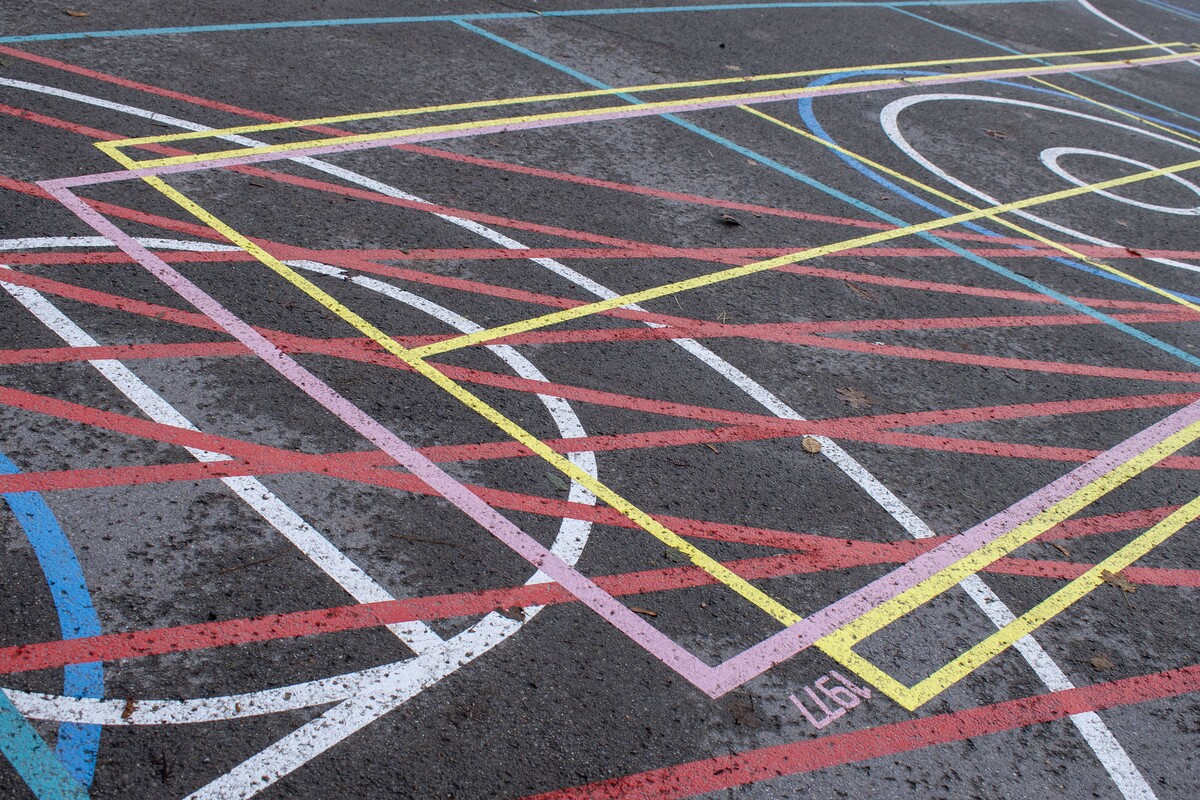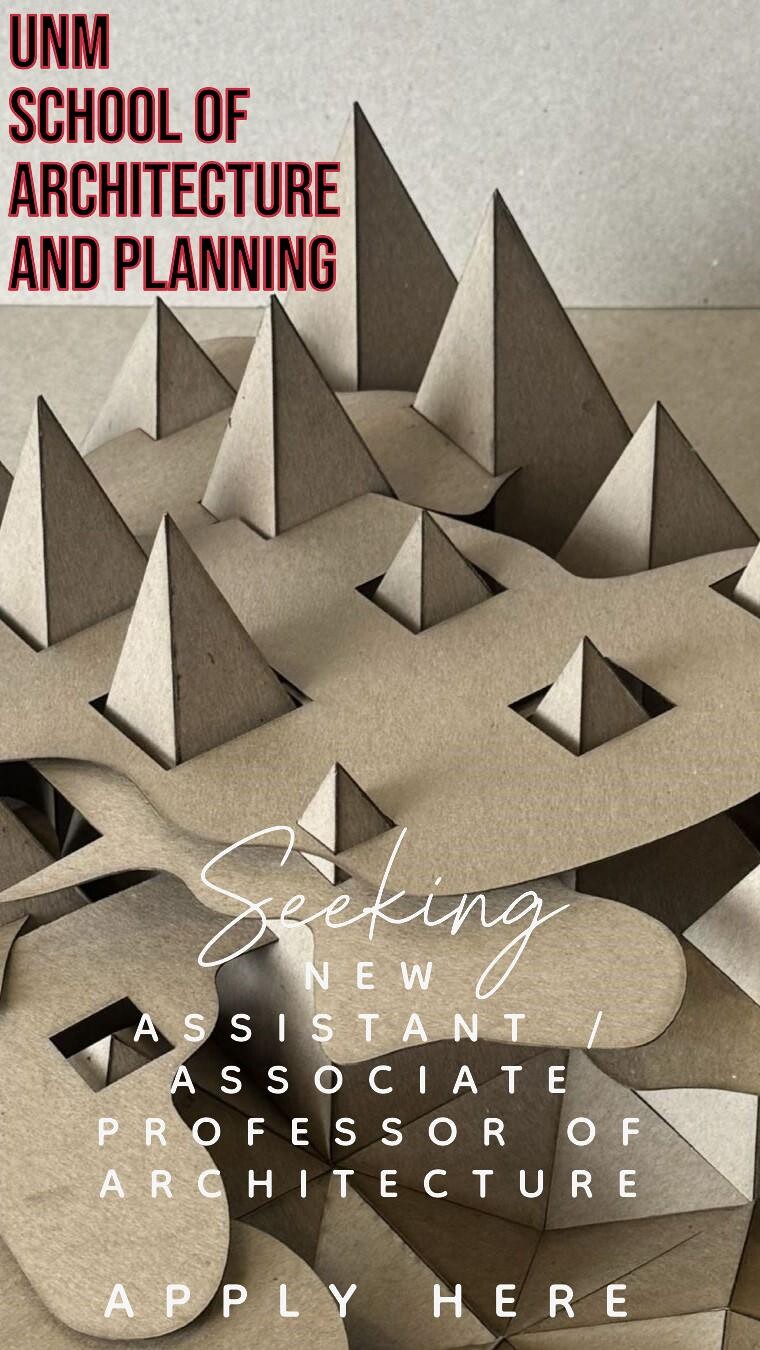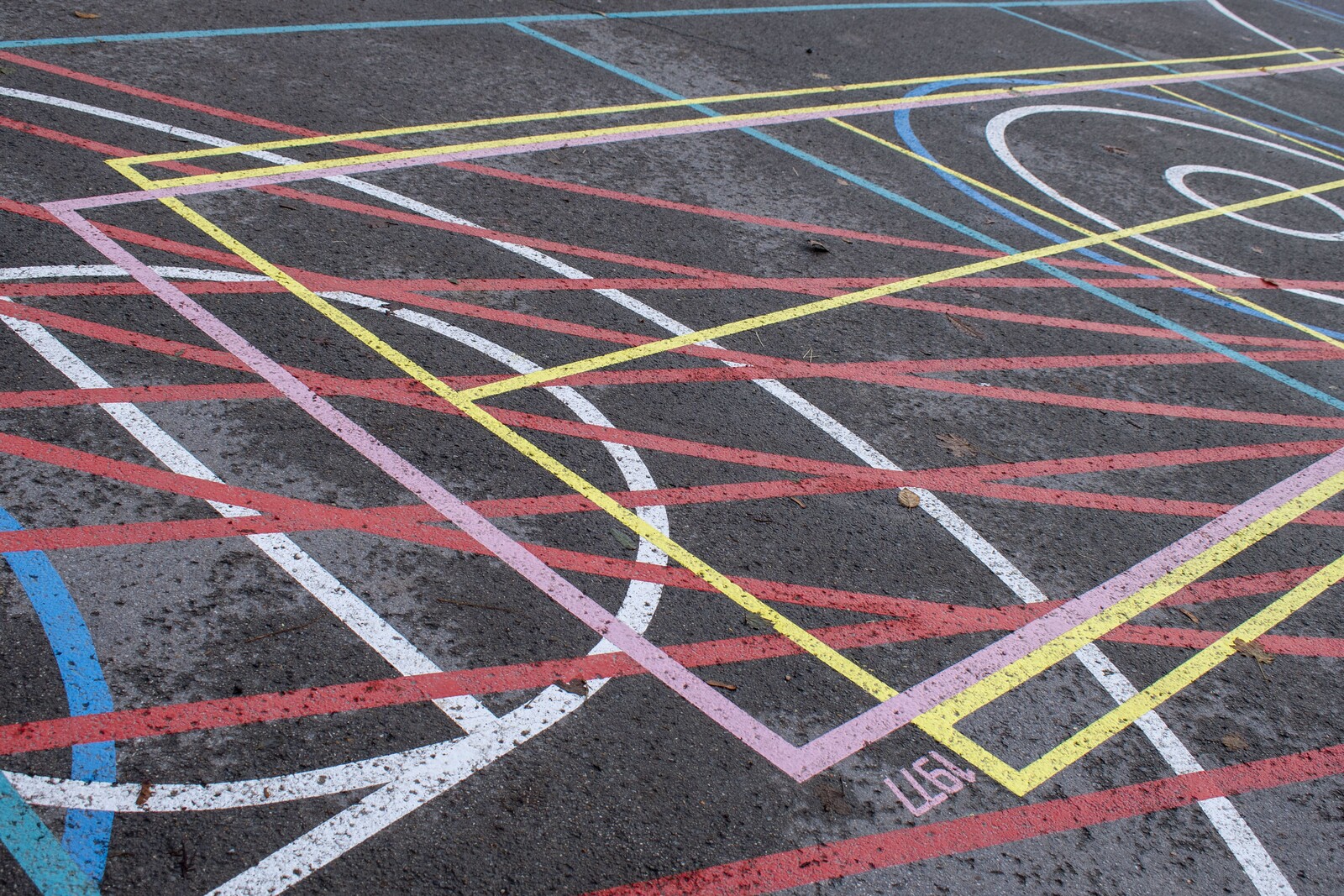From Competition to Collaboration—Ein Kunstparcours am Gropius Bau
April 27–July 14, 2024
Niederkirchnerstraße 7
10963 Berlin
Germany
Hours: Wednesday–Monday 11am–7pm,
Saturday–Sunday 10am–7pm
T +49 30 25486384
presse@gropiusbau.de
With: Edgar Calel, Alice Chauchat, Céline Condorelli, Massimo Furlan, Florentina Holzinger, Ingela Ihrman, Martin Kaltwasser, Agnieszka Kurant, Joar Nango, Vitjitua Ndjiharine, The Playground Project, Tomás Saraceno, Mariana Telleria, The School of Mutants, Irad Verkron, Raul Walch
Curated by Joanna Warsza and Bejamin Foerster-Baldenius. Architecture: raumlaborberlin.
The architect Lina Bo Bardi famously said that every museum deserves a playground. Echoing that thought and anticipating the upcoming topic of play at the Gropius Bau, Radical Playgrounds arrives to Gropius Hain for eleven weeks. Conceived as a cross between a sculpture park, a Spielplatz, a museum extension and a temporary funfair, many of its installations and pavilions use a playground vocabulary, be it a swing, a water fountain, a carousel or a labyrinth, to reveal what is left unspoken: histories of inclusion and exclusion, engaging activism through the medium of play, a dark past buried underground and a necessity to rethink the notion of interdependence on this planet.
Before and during the Men’s European Football Championship in Germany, Radical Playgrounds also looks at the difference between the concepts of game and free play. Games have a set of rules and clearly defined winners and losers: they are often about channelling emotions and sublimating conflict and confrontation. While playing with each other, we are free to constantly change the situation and invent the rules as we go along. We can step back and come together once again, we can find words to name what is difficult, painful, or unsaid.
Radical Playgrounds is an invitation to a free space of collective learning and unlearning, one that is open to trying things out, and safe to err, radically non-competitive and offers a variety of activities: a place to practice and reflect on the socialising and political potential of play. As we walk around various pavilions, walk-in structures, and playable installations, we encounter works which employ the basic vocabulary of playgrounds, while advocating for much more. We are invited to engage with a decolonial sandbox, use an indigenous swing and a spin on an entropic carousel. We encounter game objects as a tribute to collective intelligence, which knows no other author than the whole of humanity. We can continue rebuilding an incomplete pyramid, whose parts were taken away to European museums or lie down for a deep listening session on how the planet vibrates. As an artistic parcours, Radical Playgrounds experiments with the commons and multidirectional public space in times of harsh polarisations and exercises the performative dimension of play as a condition that helps us to take distance from ourselves, embrace change and overcome division.
While most of the exhibitions are ready at the opening, this project will gradually grow through a series of open workshops in the eleven weeks. Together with architects, artists, mediators, thinkers, neighbours and visitors, we will transform the Gropius Bau parking lot into a public space of encounters. Ultimately, Radical Playgrounds is about what we might need very much now: some hope and resilience. And—to quote the project “Modellen” which transformed the Moderna Museet in Stockholm into an adventure playground in 1968—“this exhibition only remains an exhibition if you do not play, and if you do, it is so much more.”
Radical Playgrounds is a project commissioned by Berliner Festspiele, funded by the EURO 2024 Football & Culture Foundation, and the German Federal Government on the basis of a resolution passed by the German Bundestag with funding from the Capital Cultural Fund (HKF). The outreach programme is funded by the Bundeszentrale für politische Bildung (bpb).



